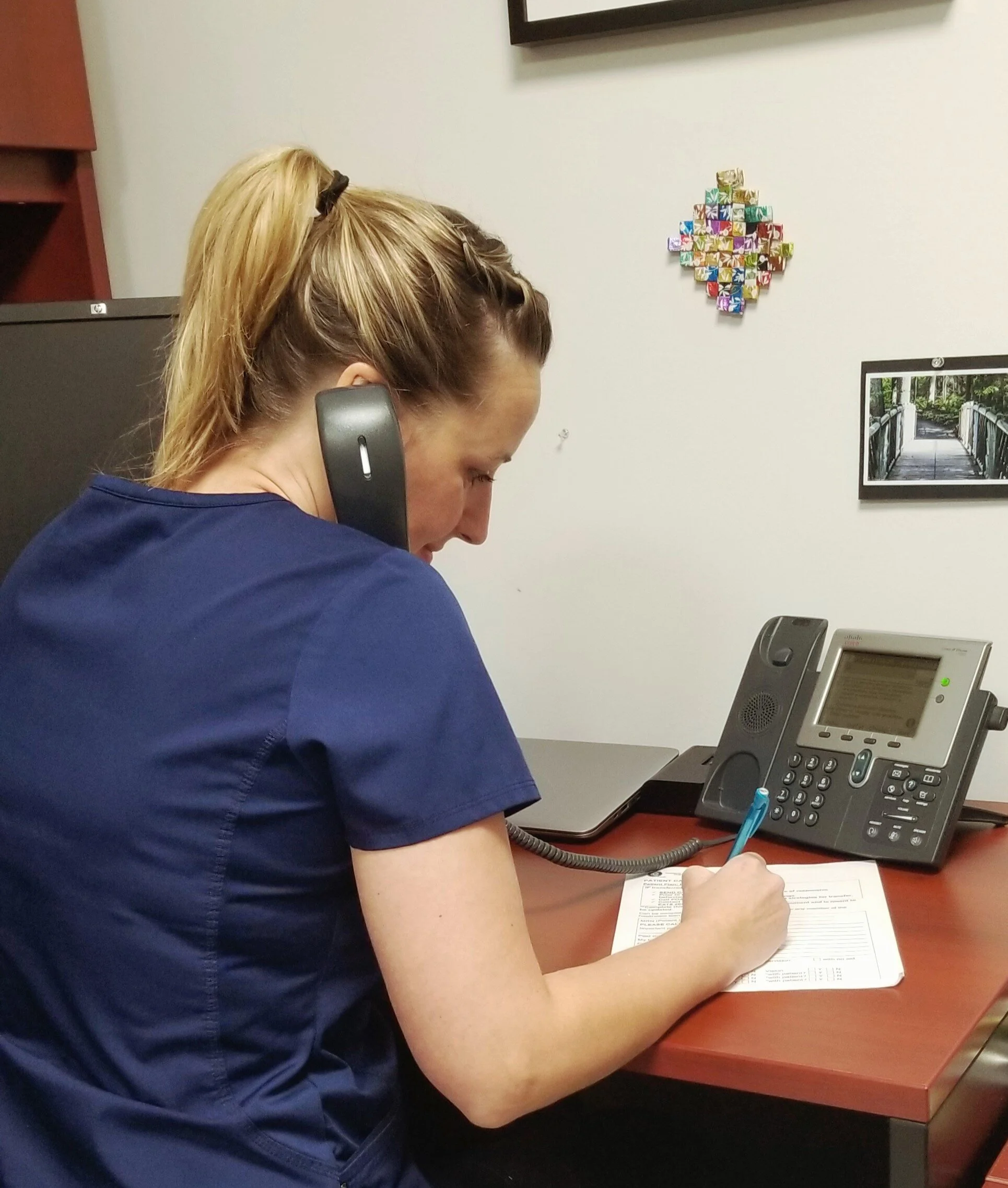The Transition Home: Improving the lives of patients with Dementia
At Queensway Carleton Hospital, we proudly serve an aging community. With Geriatrics as one of our cornerstone programs, our staff are always committed to taking care of and improving the lives of their aging patients from the moment they step foot into our hospital and beyond.
One of those improvements came from Christine Cook, an RN from our Acute Care of the Elderly (ACE) unit whose ideas on improving patient care turned into a quality improvement project reflecting the significant need for hospitals to improve the transition home for patients with dementia, especially when associated with behavioral and psychological symptoms of dementia.
This project was selected out of a group of applications across Ontario to receive an Advanced Clinical Practice Fellowship (ACPF) grant of $15,000 by the Registered Nurses Association of Ontario (RNAO) in March, right as the global pandemic hit.
But COVID-19 did not stop Christine from working to improve patient care.
In collaboration with many different frontline staff from nurses to Geriatricians, and Geriatric Nursing specialists to Clinical management, Christine found new ways to communicate our care planning information and provide a safer discharge home for our patients.
We proudly serve our aging community at QCH. It’s not just the patients we care for, but their care team as well. Early in the project, Christine spoke with patient’s families and care partners, our community partners at retirement homes and long-term care homes, and with our frontline staff. “I was consistently hearing from our community partners that we needed to increase communication and information sharing around planning care and the transition home for this vulnerable demographic – we needed to do better to serve these patients.”
So, Christine got to work and took an existing informal Patient Care Plan tool, reviewed it and expanded it to include a section for unit-to-unit transfers. This new added section serves as a reminder to communicate vital information about specific and unique behaviors, triggers, and techniques to help the patient feel more safe and secure. This in turn promotes safe transitions for both the patient and staff. It also reminds our nurses to send the Care Plan with the patient on transfer to another unit and on discharge back to the community.
This Care Plan is now in the process to becoming a permanent part of the electronic patient chart and become formally approved as a new tool at QCH.
In addition, the Medicine discharge tool will be revised to include the option to select Dementia as a health problem, and Christine developed a new discharge checklist, as a means to help nursing staff streamline their discharge process. This checklist will become a gold standard for patients with BPSD in providing clear direction on what to do in preparation for discharge and what documentation to include in the discharge package. This will give the nurses standard work to complete, ensuring more consistency in the information being shared.
Christine’s project will change the transition process of patients suffering from dementia to the community and will create a sustainable and high-quality means to discharge our patients home safely, and with better satisfaction for the patient’s care team.
QCH is very grateful to the Registered Nurses Association of Ontario (RNAO) for this amazing nursing opportunity which provided QCH the possibility to improve the delivery of care in one of our most vulnerable patient population and their care partners.



